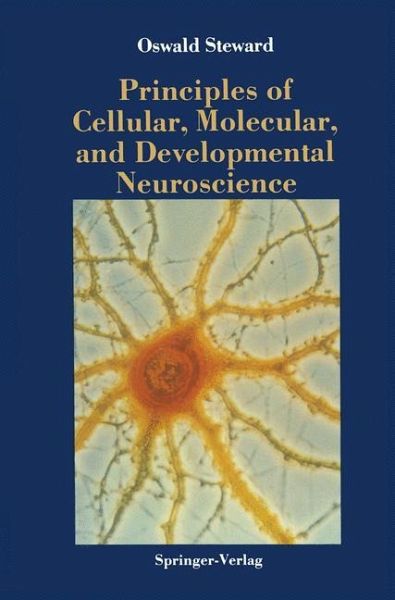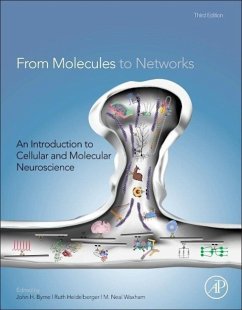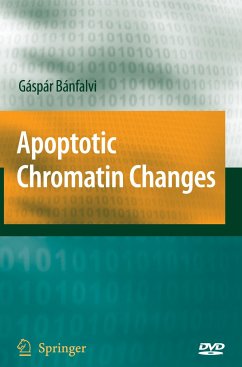
Principles of Cellular, Molecular, and Developmental Neuroscience

PAYBACK Punkte
19 °P sammeln!
The field of cellular, molecular, and developmental neuroscience repre sents the interface between the three large, well established fields of neu roscience, cell biology, and molecular biology. In the last 10 to 15 years, this new field has emerged as one of the most rapidly growing and exciting subdisciplines of neuroscience. It is now becoming possible to understand many aspects of nervous system function at the molecular level, and there already are dramatic applications of this information to the treatment of nervous system injury, disease, and genetic disorders. Moreover, there is great ...
The field of cellular, molecular, and developmental neuroscience repre sents the interface between the three large, well established fields of neu roscience, cell biology, and molecular biology. In the last 10 to 15 years, this new field has emerged as one of the most rapidly growing and exciting subdisciplines of neuroscience. It is now becoming possible to understand many aspects of nervous system function at the molecular level, and there already are dramatic applications of this information to the treatment of nervous system injury, disease, and genetic disorders. Moreover, there is great optimism that new strategies will emerge soon as a result of the explosion of information. This book was written to introduce students to the major issues, ex perimental strategies, and current knowledge base in cellular, molecular, and developmental neuroscience. The concept for the book arose from a section of an introductory neuroscience course given to first-year medical students at the University of Virginia School of Medicine. The text pre sumes a basic, but not detailed, understanding of nervous system orga nization and function, and a background in biology. It is intended as an appropriate introductory text for first-year medical students or graduate students in neuroscience, neurobiology, psychobiology, or related pro grams;··and for advanced undergraduate students with appropriate back ground in biology and neuroscience. While some of the specific information presented undoubtedly will be outdated rapidly, the "gestalt" of this emerging field of inquiry as presented here should help the beginning stu dent organize new information.














